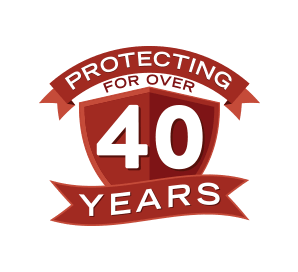Since the first case of raccoon rabies was discovered last December, Hamilton has been at the centre of the outbreak.
Before the recent outbreak, Ontario hadn’t seen a case of rabies since 1999. It is believed that an infected animal made its way across the border on a truck or train from the United States’ eastern seaboard where the virus is common.
The re-emergence of the virus was first discovered in early December when two dogs got into a fight with an infected raccoon after being picked up in an animal services van. The raccoon later tested positive for rabies, and the dogs were inoculated and quarantined. After this first case was discovered, the total count of rabies found in raccoons and skunks in the province had risen to 77 as of April, with 72 being in the city of Hamilton. The first reported case of an infected skunk came in February.
Immediately following this first discovery the province began baiting the area, with 219,000 baits containing the vaccine dropped in and around Hamilton during the first round of baiting. Baiting activities ceased over the winter months due to the natural decrease in the animal’s’ activity but were restarted in April.
What makes the current outbreak unique from those in the past is how the rash of occurrences has been centered primarily in urban areas, making the risks to citizens and the need for proper handling even greater.
To become infected, a person needs either to be bitten by a rabid animal or otherwise have the saliva of the animal enter the bloodstream, perhaps through an open cut. Once infected, a person must receive the necessary medical intervention in time, otherwise, the disease is quite likely fatal.
The best way to protect yourself from the rabies virus is to avoid contact with any wild animals. This not only includes raccoons and skunks, species known to be part of the current outbreak, but all unknown animals, including unknown dogs and cats. If you come across a wild animal on your property, the best avenue for a safe removal is by a trained and prepared professional. Infected animals are unpredictable and where they might normally be expected to behave fearfully they may appear friendly. Residents are reminded to keep pets’ rabies vaccinations up to date and leashed when out for walks.
For more information about wildlife safety or assistance with pests on your property Contact Us today.






